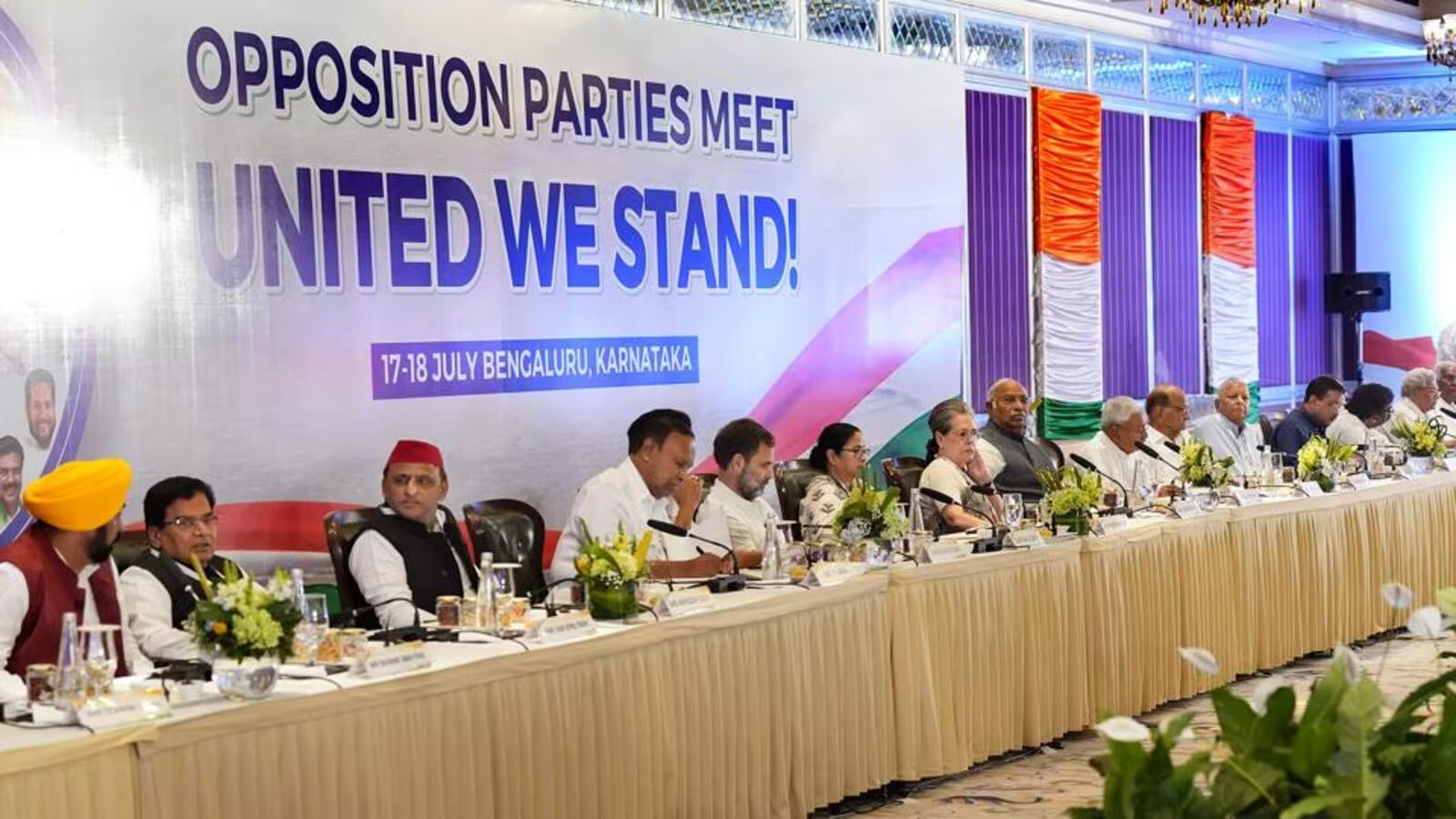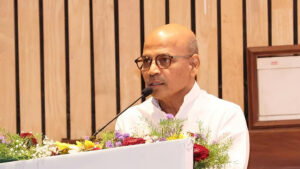Amidst the ongoing political landscape and the upcoming elections, opposition parties in India have decided to defer seat-sharing discussions. Instead, they have come together to unveil an alternative agenda aimed at countering the ruling Bharatiya Janata Party (BJP). The development, reported by The Indian Express, marks a significant strategic move by the opposition to present a united front and offer a cohesive vision to the electorate.
Leaders from various opposition parties held a high-level meeting to discuss the way forward and address the electoral challenges posed by the BJP. In the meeting, they emphasized the need to prioritize the larger goal of forming a strong and cohesive opposition alliance that can effectively challenge the BJP’s dominance.
The postponement of seat-sharing talks signifies a collective recognition that the opposition’s success lies in presenting a united and coherent agenda to voters. The leaders acknowledged that divisive negotiations on seat-sharing could dilute their common goal of countering the BJP’s electoral might and hamper their chances of forming a viable government.
As an alternative approach, the opposition has decided to focus on crafting a comprehensive agenda that addresses pressing issues faced by the country. The agenda will encompass critical areas such as economic revival, social justice, healthcare, job creation, environmental sustainability, and governance reforms.
The decision to prioritize a shared agenda aims to consolidate the opposition’s support base and resonate with a wide spectrum of voters across the country. By presenting a united vision for the future, the opposition intends to appeal to the electorate’s aspirations and concerns, highlighting a viable alternative to the current ruling dispensation.
The political landscape in India has been evolving, with regional parties gaining prominence and seeking to strengthen their positions in their respective states. The opposition’s collective strategy aims to leverage this regional strength while maintaining a cohesive national approach to challenge the BJP’s supremacy.
The opposition parties have emphasized the need to work in synergy to forge a formidable alliance that can effectively translate their common agenda into practical policies and governance strategies. The goal is to showcase a cohesive and reliable alternative to the voters, fostering confidence in the opposition’s ability to steer the country towards progress and inclusive development.
As the election season approaches, the opposition’s decision to defer seat-sharing discussions and prioritize a shared agenda signals their determination to present a robust and united front against the ruling party. The coming months will be crucial as they engage with the electorate and make their case for a change in governance and a new vision for India’s future.










